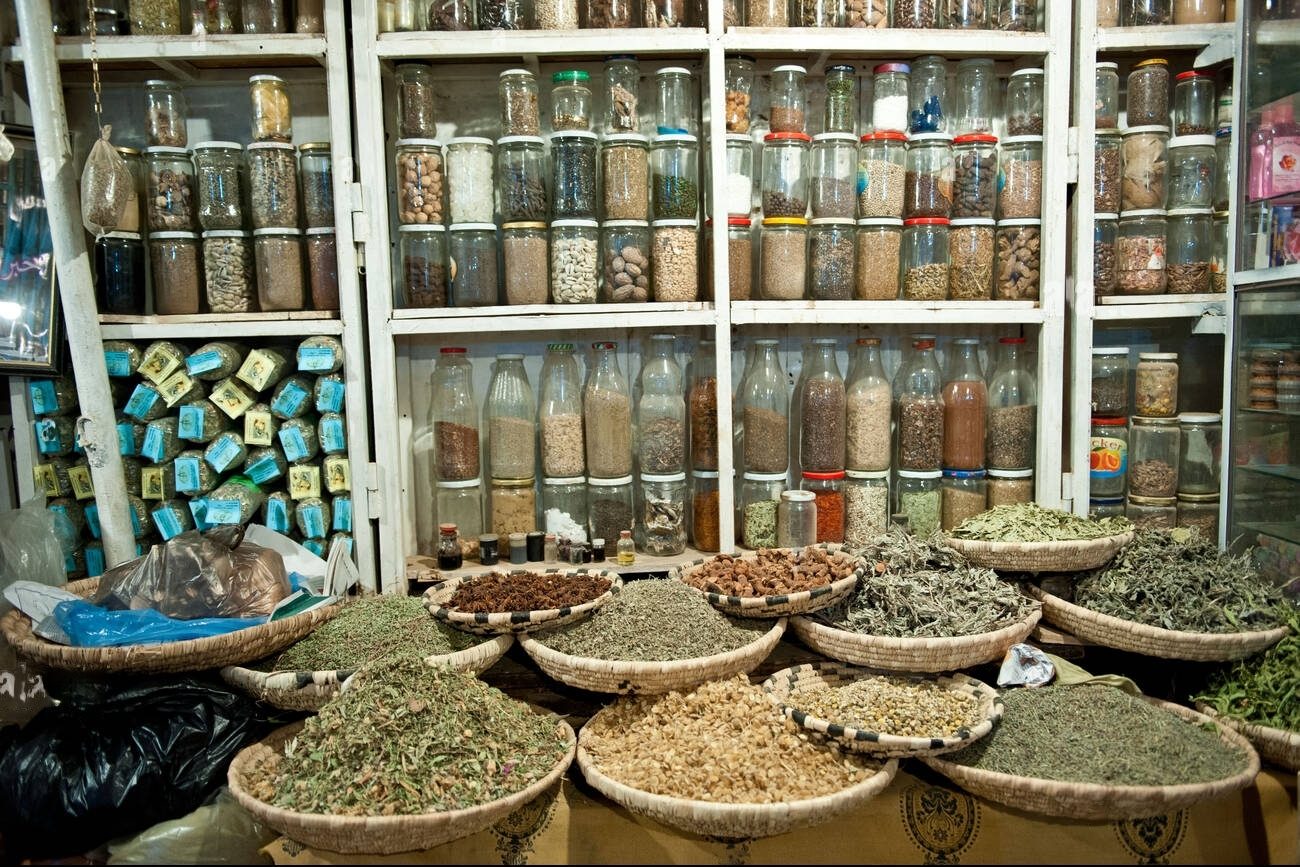Bhutanese Traditional Medicine in Bhutan – A Visiting Tourist’s Perspective
Bhutan, a small Himalayan kingdom, is known for its unique approach to measuring its progress through the concept of Gross National Happiness (GNH). A significant part of the GNH philosophy is the emphasis on traditional medicine, which has been practiced in Bhutan for centuries. Bhutanese Traditional Medicine (BTM) is a holistic system of healing that emphasizes the balance between body, mind, and spirit. As a visiting tourist, exploring BTM can offer a unique insight into Bhutan’s culture and values.
History and Philosophy of BTM Bhutanese Traditional Medicine dates back to the 17th century and has been an essential part of Bhutanese culture ever since. BTM draws on Buddhist philosophy, and practitioners believe that illness arises from an imbalance of the three bodily humors: rlung (wind), mkhris pa (bile), and bad kan (phlegm). According to BTM, the body has three parts: sa (physical), nga (mind), and lu (spirit). These three parts are interconnected, and illness in one part can affect the others.
BTM Treatments BTM treatments are holistic and aim to restore balance and harmony in the body, mind, and spirit. Treatments include a combination of herbal medicines, diet and lifestyle advice, meditation, and acupuncture. Practitioners use natural ingredients, such as herbs, minerals, and animal parts, to create medicines.

Visiting a BTM Clinic As a tourist in Bhutan, you can visit a BTM clinic to experience this traditional healing system. There are several BTM clinics across the country, including the Jigme Dorji Wangchuck National Referral Hospital in Thimphu, which has a dedicated BTM department.
During your visit, you can expect to receive a consultation with a BTM practitioner who will examine your pulse and ask questions about your symptoms, lifestyle, and medical history. The practitioner will then create a personalized treatment plan, which may include herbal medicines, dietary advice, and lifestyle changes.
It is essential to note that while BTM can be an effective form of treatment for certain conditions, it is not a substitute for modern medicine. If you have a severe or chronic medical condition, it is best to consult with a licensed medical doctor.
The Bhutanese government has also integrated BTM into the country’s healthcare system. Hospitals and clinics across the country offer BTM as a complementary therapy to modern medicine.
Conclusion || Bhutanese Traditional Medicine
Conclusion Exploring Bhutanese Traditional Medicine can offer a unique and valuable insight into Bhutan’s culture and values. As a tourist, visiting a BTM clinic can be an enlightening experience, and you can learn about the country’s traditional healing system firsthand. It is essential to approach BTM with an open mind and to remember that it is a complementary therapy, not a substitute for modern medicine. By learning about BTM, you can gain a better understanding of Bhutan’s approach to healthcare and the importance of balance and harmony in daily life.
Book Your Flights : Here 30% OFF on Booking
Book Your Hotels : Here 20% OFF on Booking

0 Comment